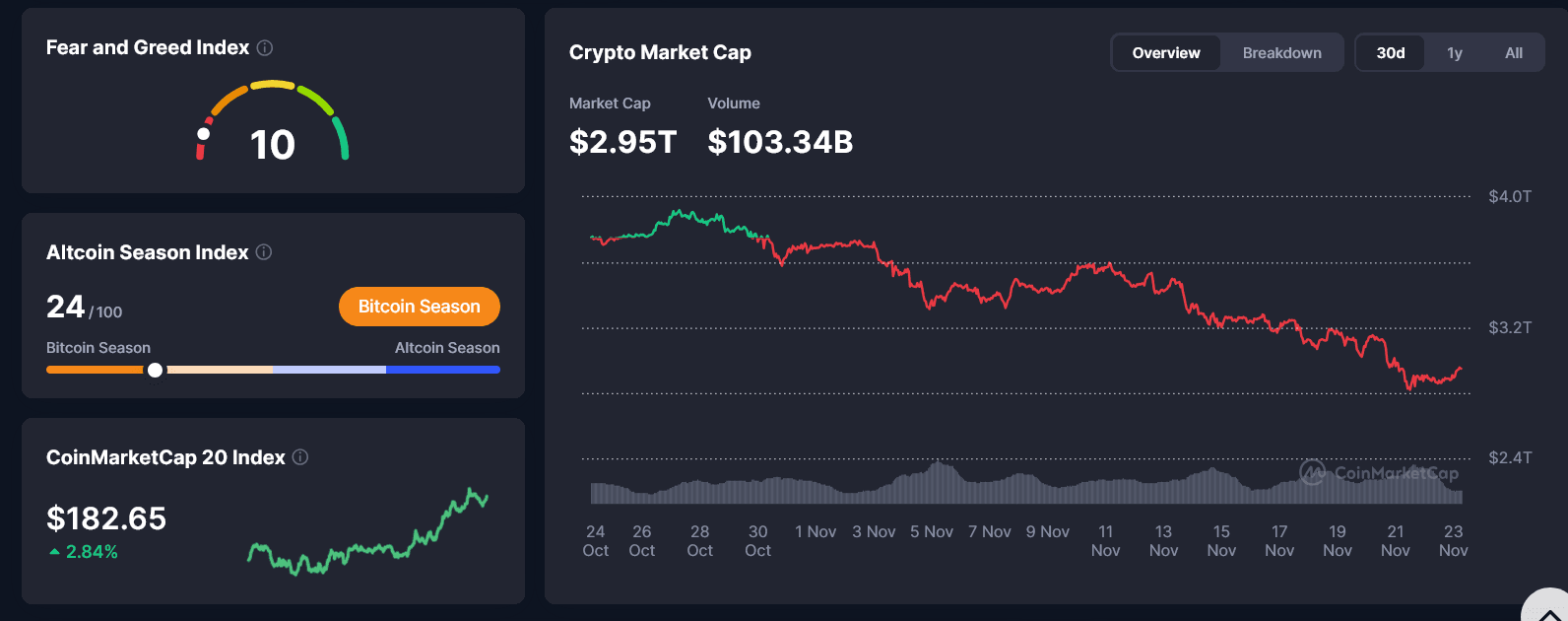Stargate’s AI Strategy: Safeguarding the Nation or Raising Antitrust Concerns?
- Stargate, a $500B AI joint venture led by OpenAI, Oracle , and Nvidia , aims to consolidate computing power across seven gigawatt data centers in the U.S. and UAE. - Yale scholar Madhavi Singh warns the alliance violates antitrust laws by merging fierce competitors, risking cartel-like behavior and stifling innovation in chips and cloud services. - Critics argue Stargate eliminates competition in key AI sectors, while the Trump administration and lawmakers praise it as a strategic move to counter China,
AI Competitors Join Forces on Stargate Project Amid Monopoly Fears as Yale Expert Raises Red Flags
A partnership among leading AI companies—including OpenAI,
The Stargate alliance brings together six major AI industry players, many of whom have overlapping or conflicting interests. For example, Oracle and OpenAI have previously competed for cloud service contracts, while Nvidia leads the GPU sector and

Singh’s research points to the danger of “cartel-like conduct,” where partners may coordinate pricing or share proprietary technology to remove competition. For instance, Oracle’s previous strategy of underpricing Microsoft in cloud services could disappear if both companies now cooperate within Stargate. Likewise, Microsoft’s efforts to develop its own GPUs to rival Nvidia may lose momentum if they work together under this alliance.
Despite these warnings, Stargate has encountered little pushback from regulators or politicians. The Trump administration has promoted the project as a key asset in the U.S.-China technology competition, and lawmakers such as Sen. Ted Cruz have called it a blueprint for “winning the AI race.” Even the FTC, which blocked Nvidia’s 2021 attempt to acquire Arm over monopoly concerns, has not commented on Stargate.
Globally, Stargate’s influence is growing. South Korea has recently agreed to work with the UAE’s Stargate AI campus, a five-gigawatt project led by Abu Dhabi’s MGX and U.S. collaborators like OpenAI and Nvidia.
The scale of Stargate—on par with the combined costs of the International Space Station and Saudi Arabia’s King Abdullah Economic City—has fueled further debate about its future effects. Singh argues that the project’s setup, which concentrates authority among a few corporations, could cement monopolies in the chip and cloud markets, where dominance is already significant. “This isn’t just about current competition,” she explains. “It’s about securing control for generations to come.”
As the global AI race intensifies, the Stargate story highlights a larger question: Can governments promote national security and economic growth without undermining the competitive forces that have historically driven innovation? For now, the answer is as unclear as the project’s internal decision-making.
Disclaimer: The content of this article solely reflects the author's opinion and does not represent the platform in any capacity. This article is not intended to serve as a reference for making investment decisions.
You may also like
The Rapid Rise of ZK (Zero-Knowledge) Assets and Protocols: How Network Enhancements and Institutional Embrace Impact Investments
- ZK protocols saw 2025 seismic growth via network upgrades and institutional adoption, reshaping investment theses for scalable, private blockchain infrastructure. - ZKsync's Atlas Upgrade achieved 43,000 TPS with $0.0001/tx costs, while Polygon and StarkNet secured $1B+ in adoption through EVM compatibility and 90% gas fee reductions. - Deutsche Bank , Walmart , and HSBC adopted ZKP for cross-chain settlements, supply chain transparency, and compliance, accelerating enterprise-grade use cases. - ZKP mark
Bitcoin News Update: Institutions Choose Bitcoin as Protection Against Inflation, Not as a Payment Method
- BlackRock highlights rising institutional demand for Bitcoin as a "digital gold" hedge against inflation, not a payment tool. - Abu Dhabi's ADIC tripled its $517.6M stake in BlackRock's IBIT ETF, reflecting confidence in Bitcoin's long-term value preservation. - BlackRock develops a staked Ethereum ETF but faces regulatory hurdles, while crypto treasury firms like FG Nexus struggle with asset valuation pressures. - Institutional adoption accelerates globally, with Latin America expanding crypto infrastru
What's Next For the Crypto Market?

Bitcoin News Today: Bitcoin as Digital Gold, Ethereum as the Engine of Decentralized Finance: How Cryptocurrencies Are Carving Out Distinct Functions
- BlackRock executives highlight Bitcoin's shift toward "digital gold" as a long-term store of value, supported by institutional demand and fixed-supply models like Bitcoin Munari. - Ethereum's faster transaction velocity (3x BTC) reinforces its "digital oil" role, contrasting with Bitcoin's stable, passive accumulation strategy and macro-hedge appeal. - Regulatory clarity on stablecoins and blockchain transparency could deepen Bitcoin's institutional adoption while highlighting risks in altcoins like Aero
